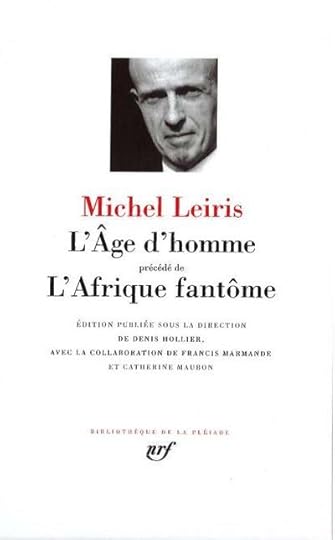Farewell to the circumflex?
The cover of a book I recently sent out for a TLS review. Will the two circumflexes in the titles one day become a thing of the past?
By ADRIAN TAHOURDIN
Ah, the circumflex! The French one that is, as opposed to the Portuguese (apologies for returning to orthographical matters so soon). And I realize that I���m a bit of a johnny-come-lately on this, having spent a week reflecting deeply on the changes to French spelling announced by the Conseil sup��rieur de la langue fran��aise (a government-regulated body). Some 2,400 words will be affected, and both the "i" and the "u" will drop their circumflexes. As has been widely reported, ���ognon��� will now rub up alongside ���oignon���, and ���n��nufar��� will do the same to ���n��nuphar���. (The changes will be optional, so both versions will be correct, but I can���t help feeling that ���ognon��� looks ugly without its ���i���, and that the ���ph��� is preferable too.) ���Ma��tresse��� is allowed to drop its circumflex, as is ���co��t��� (the circumflex generally denotes a suppressed ���s���, as in ���maistre��� or ���fenestre���). Some changes are less conspicuous: who's going to object to the French removing the eccentric hyphen from ���week-end���? Or to ���porte-monnaie��� and ���porte-feuille��� becoming ���portemonnaie��� and ���portefeuille���?
In France, news outlets reacted excitedly: ���La mort de l���accent circonflexe��� (Le Point); elsewhere we had ���Adieu circonflexe���. It was left to Le Monde to insist ���Non, l���accent circonflexe ne va pas dispara��tre��� (and there it is, on ���disparaitre���, as if to prove it).
The student union, meanwhile, lambasted the Minister for Education Najat Vallaud-Belkacem for appearing to give herself the right to overturn French spelling rules. She, and her department, did no such thing. It���s not in her gift. Rather, the publishers of school textbooks have decided to introduce simplified spellings in time for the new academic year in September. But students and pupils will not be penalized for spelling words in the old way.
Last week, the Acad��mie fran��aise, guardian of the French language, put out a statement on its website reminding us that it���s not responsible for the ���orthographical reform��� that���s been discussed in the press, referring readers to a document published by the Conseil sup��rieur de la langue fran��aise as long ago as 1990. The statement on the website goes on: ���Given the Acad��mie���s assigned role of defending and illustrating the French language, . . . it was natural that Maurice Druon, its permanent secretary at the time, should have been closely associated with the preparation of this report���.
The Acad��mie objects to the use of the term ���reform��� to refer to the changes proposed by the Conseil and which it has itself approved; these are, rather, ���rectifications���. The 2,400 words apparently amount to 3 to 4 per cent of the French lexicon ��� which sounds like quite a lot to me.
A bit of context here: we���re told that these adjustments correspond to those the Acad��mie made when it published the third edition of its Dictionary (1740), the sixth (1835), the seventh (1878) and the eighth (1935). The ninth is still in preparation. The Acad��mie stresses that it merely recommends changes, and it has approved the course of accepting both the old orthography and the modernized one proposed by the Conseil. Hence in the ninth edition of its Dictionary, it will use the traditional orthography while also mentioning the acceptable variant.
The best response to the news came from the writer Pierre Assouline on his excellent blog La R��publique des livres. While ridiculing some of the more hysterical reactions, he points out that the twin-track spelling system could have an effect opposite to the intended one, in that rather than helping to foster a more egalitarian educational system it could create new hierarchies based on superior spelling and orthography. He also wonders in jest whether the legends that accompany Monet���s paintings of waterlilies will have to be modified (i.e. ���n��nuphars" be changed to ���n��nufars���).
Personally, I���ve always liked the circumflex, and would be sorry to see its gradual disappearance. It���s one of the distinctive markers of the French language after all. But then I don���t have to teach it.
Peter Stothard's Blog
- Peter Stothard's profile
- 30 followers




